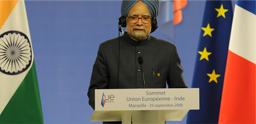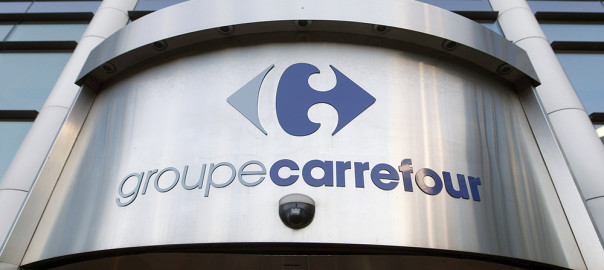For a Fair, Free Trade Pact with Europe

Since 2007, India and the European Union have been negotiating a comprehensive free trade agreement — officially known as Bilateral Trade and Investment Agreement (BTIA) — covering trade in goods and services besides rules pertaining to cross-border investments, competition policy, government procurement and state aid.
This legally binding agreement would cover almost a fifth of the world population and, therefore, it impact and implications (both positive and negative) would be significant. Several difficult issues need to be resolved if India is not to be short-changed in the Bilateral Trade and Investment Agreement with the EU. Despite 14 rounds of formal negotiations, the finalisation of the BTIA has been…




